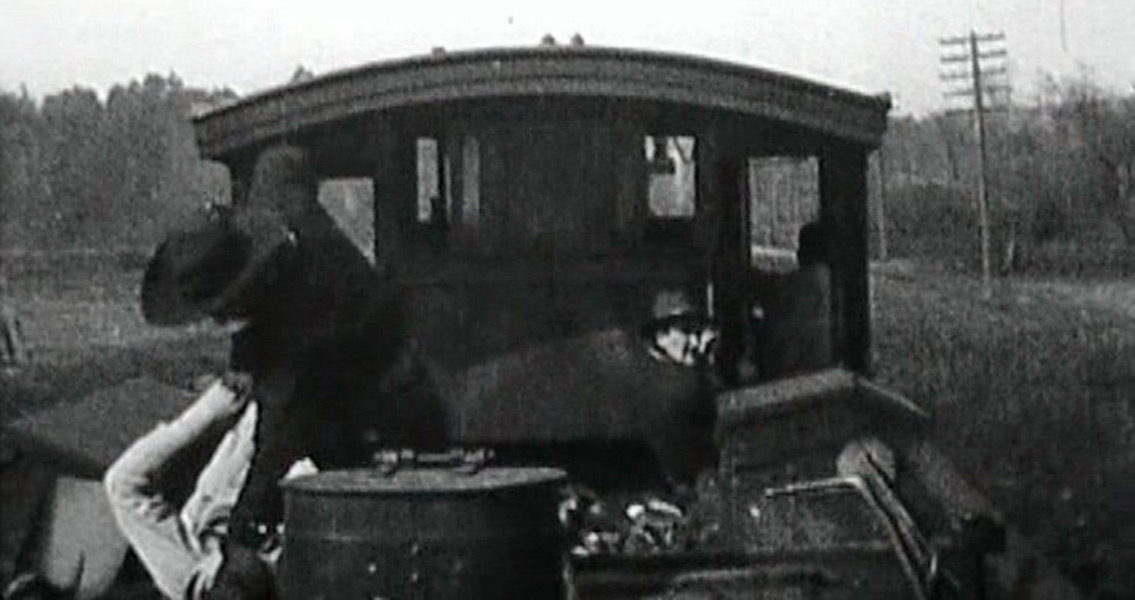<![CDATA[Charles Wilson, one of the Great Train Robbers, escaped from Birmingham's Winson Green Prison on 12th August, 1964. The audacious jailbreak saw Wilson on the run from authorities until 1968, when he was finally recaptured. Like many of those involved in the Great Train Robbery masterminded by Bruce Reynolds, Wilson has since captured the imagination and entered criminal folklore. Regarded as the most dangerous of the robbers, the heavy set, intimidating Wilson earned the nickname the 'silent man' for the resolve with which he remained quiet under police questioning. The fact that most of the money stolen in the Great Train Robbery was never recovered has only added to the intrigue around Wilson. It was rumoured that he knew the location of all of the cash that had been stolen, a rumour probably fueled by his mysterious image. On 8th August, 1963, the Great Train Robbery itself took place. In the early hours of the morning a team of sixteen men stopped a mail train traveling from Glasgow to London. Among the train's cargo were a plethora of 'High Value Packets' - many of which contained bank notes being transported between banks. So effective was the meticulously planned robbery that seventy two of the eighty men stationed on the train had no idea it was taking place until it was over. The robbers successfully detached the locomotive and two carriages - including the one carrying the High Value Packets - from the rest of the train and drove them further down the track to Bridego Bridge. Here they unloaded the contents and escaped into the night. In total they made off with over £2.6 million, the equivalent to £46 million today. The money was then divided up between the sixteen men involved in the robbery. Each received an amount greater than the largest lottery winners of the time. The huge amount of money each robber had suddenly gained made it difficult for them to continue to evade capture. A week after the robbery police discovered the robbers' abandoned hideout in Bedfordshire, allowing them to gather fingerprints and other evidence. Wilson, along with six other gang members, was soon arrested and sentenced to thirty years in prison. Wilson's escape from jail was almost as audacious as the Great Train Robbery itself. According to BBC reports at the time, Wilson was freed by a gang of three men who broke into the jail in the early hours of the morning. They coshed a prison officer before opening Wilson's cell and making their escape. It's believed that the three men who broke Wilson out had used a stolen ladder to break into a mental hospital adjacent to the prison, and then scaled the prison wall using a rope ladder. One of the most mysterious elements of this breakout, one which remains unexplained to this day, is how the jail breakers managed to get a key to open Wilson's cell. As a maximum security prison, only one member of staff had access to the keys needed to open the cells. As the Secretary of the Prison Officers' association told the BBC in 1964: "...today's happenings are abnormal. It seems likely that somehow or other a master key has been obtained which allowed these people to effect a simple entry to the prison after scaling the wall. This is so abnormal that you just cannot cater for it." Wilson fled to Canada, where he was recaptured by police in January 1968. He was returned to England to serve out the rest of his sentence, before finally being released from prison in 1978.]]>
Silent Man Of The Great Train Robbery Escapes
